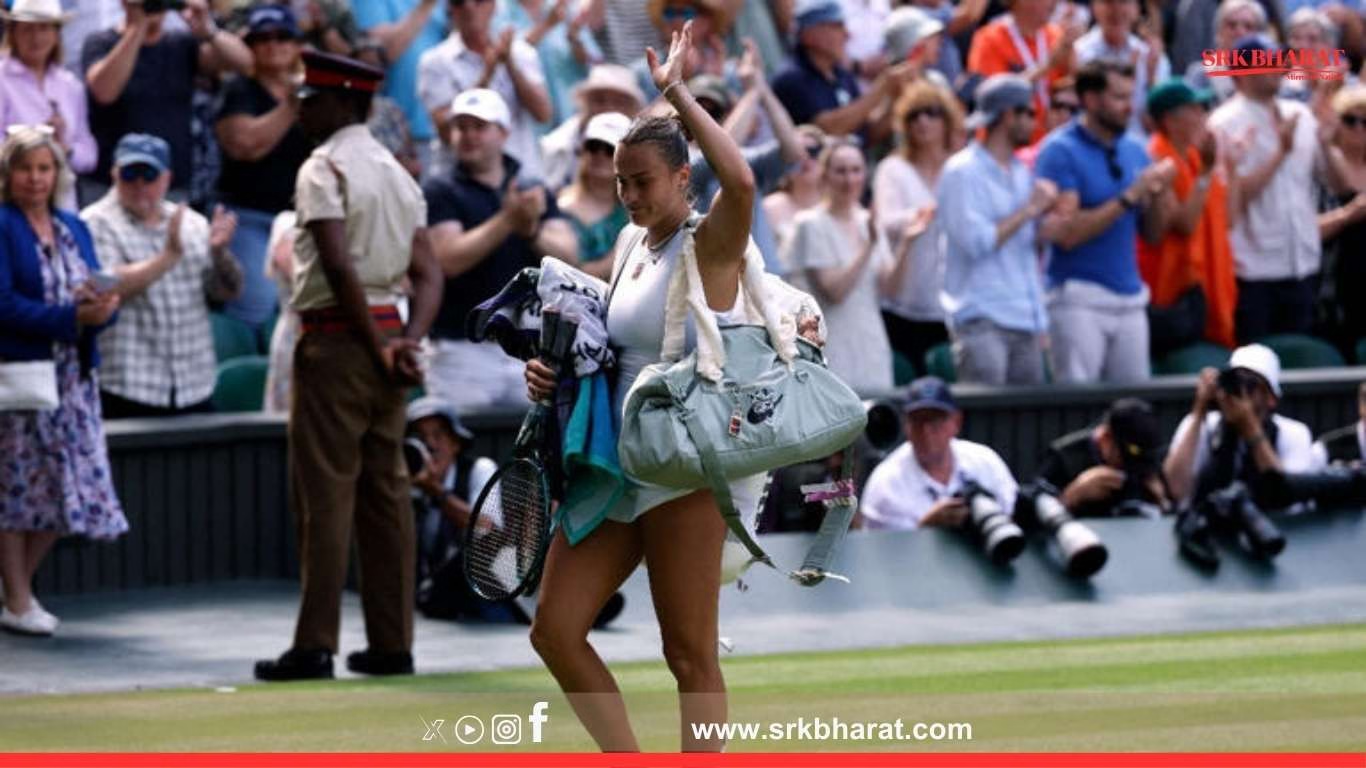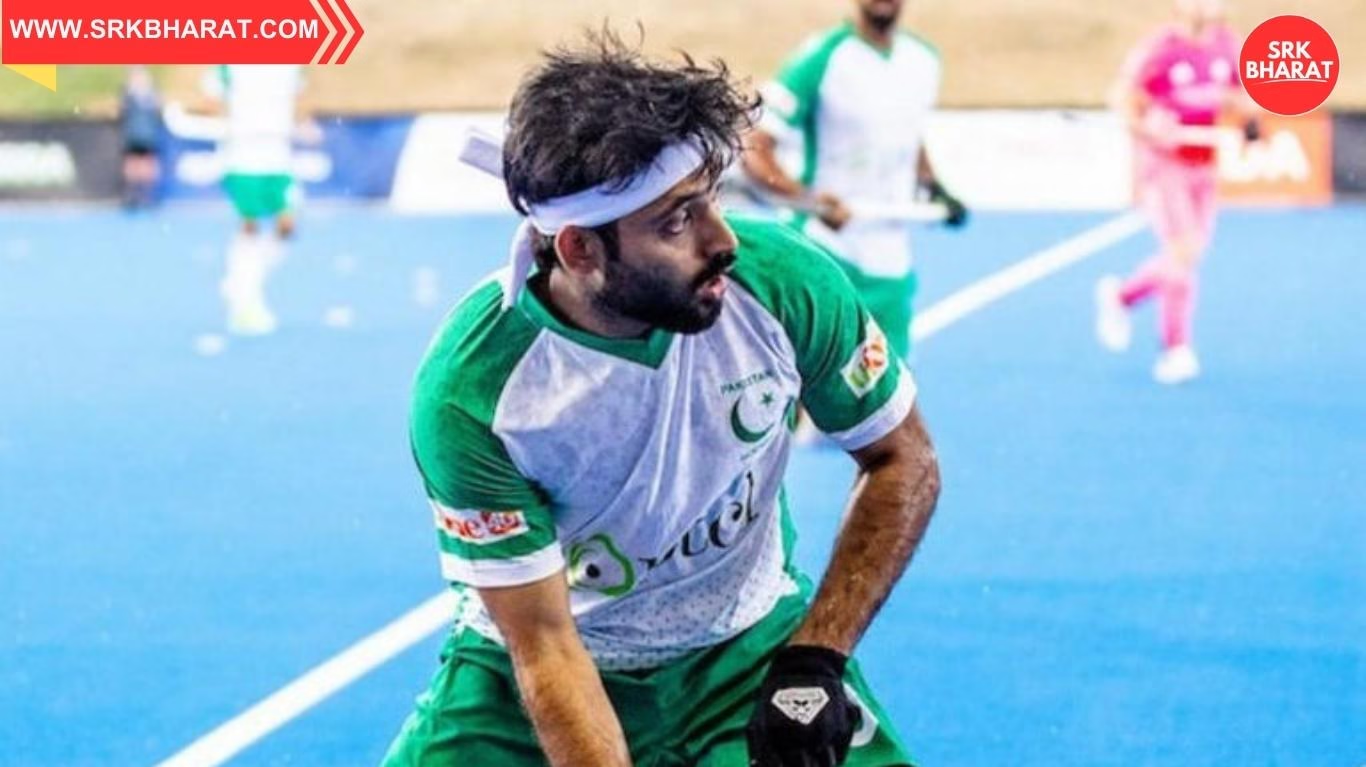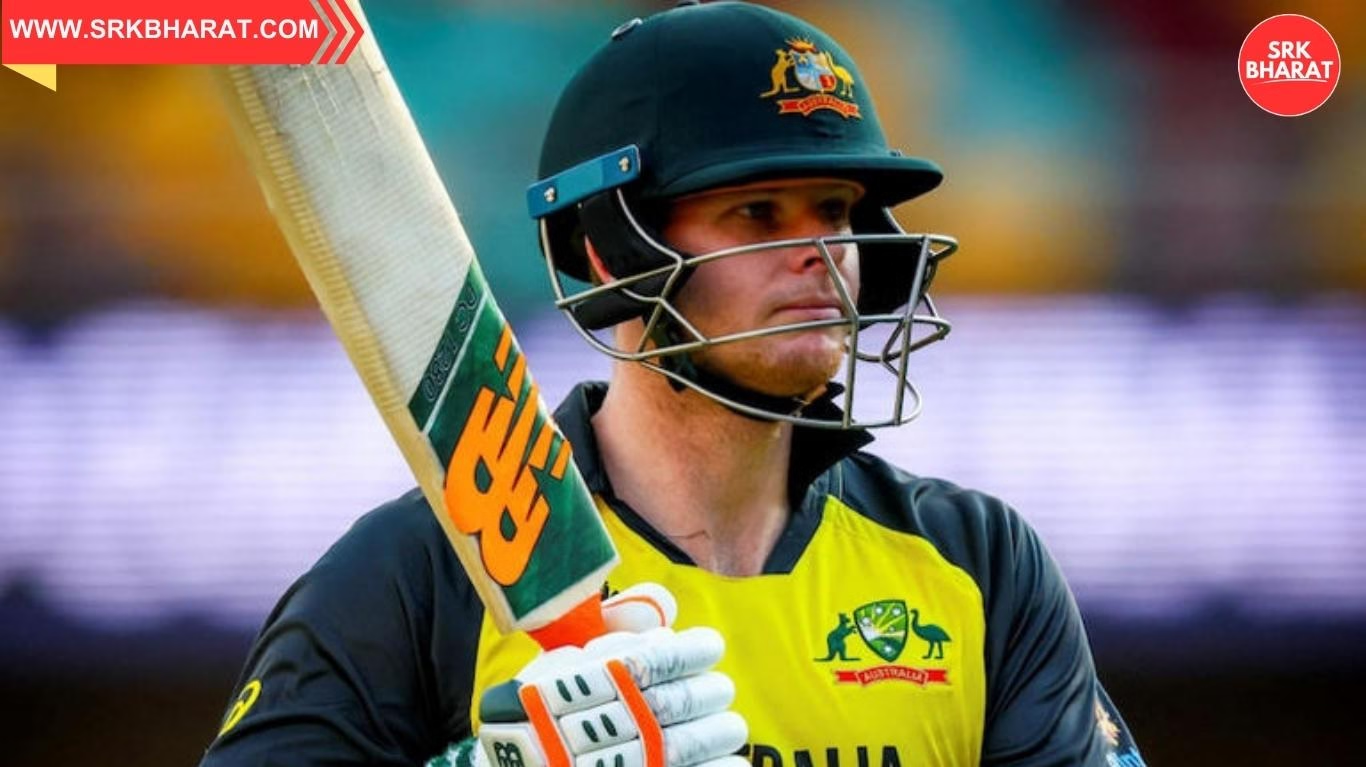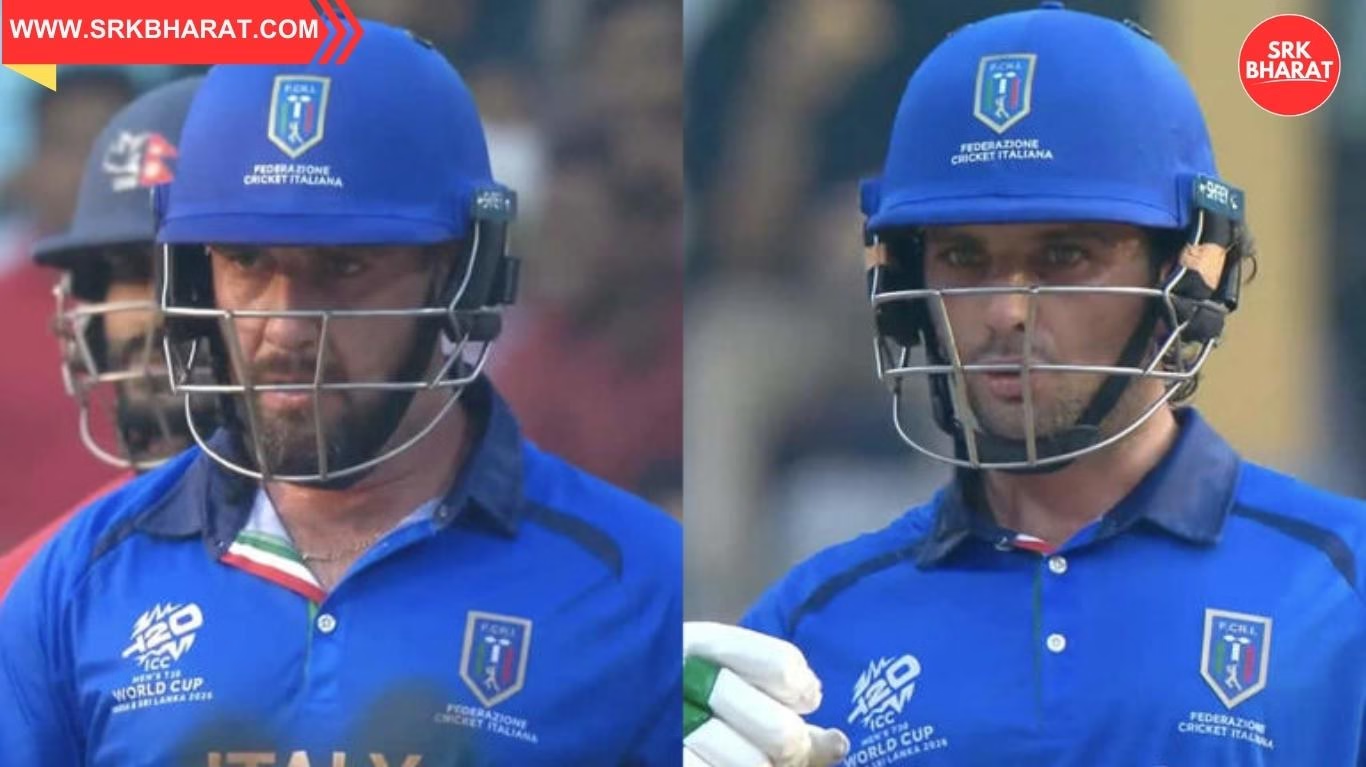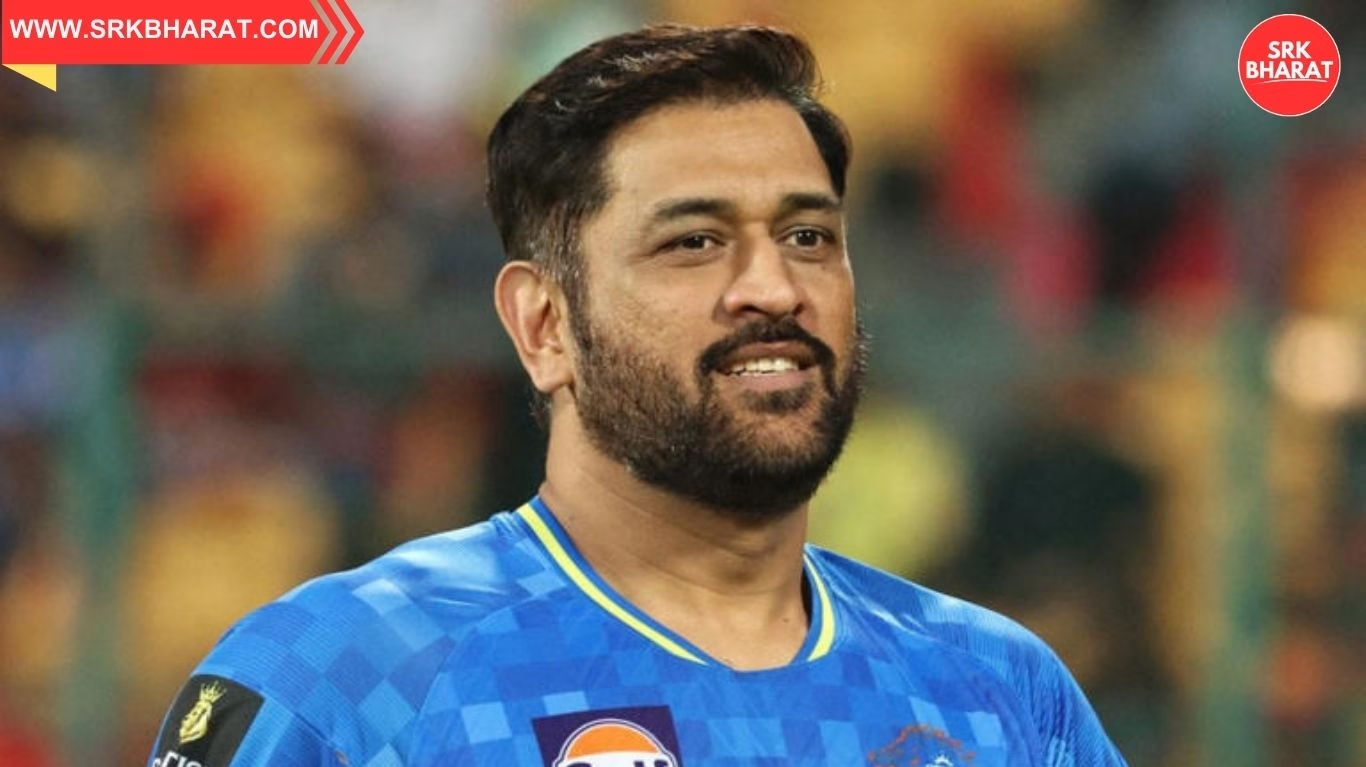Aryna Sabalenka, world number three and reigning Australian Open champion, bowed out of Wimbledon 2025 after a shocking fourth-round defeat, ending her quest to replicate her Roland Garros semi-final run. While her aggressive baseline power dominated the clay court season, grass proved to be an entirely different challenge, with Sabalenka admitting a “hate relationship” with the historic All England Club’s surface after her exit.
Sabalenka’s Wimbledon 2025 journey ends abruptly
Entering the Championships as one of the favourites alongside Iga Swiatek and Elena Rybakina, Sabalenka carried strong form from Paris, where she reached the semi-finals. However, in her post-match press conference, the Belarusian star confessed:
“I love Wimbledon as a tournament, but I hate the grass. It doesn’t suit my game. Every year I try, but it feels like it hates me back.”
Her emotional words came after her 4-6, 6-3, 3-6 loss to American rising star Emma Navarro, who exploited Sabalenka’s movement limitations on grass with clever slices and deep returns.
What makes grass courts challenging for Sabalenka?
Sabalenka’s powerful game thrives on hard and clay courts where her topspin-heavy forehands and two-handed backhand penetrate with greater consistency. On grass, however:
- Lower bounce reduces her shot trajectory effectiveness
- Faster surface demands quick footwork adjustments
- Flat ball striking from opponents skids through, testing her defensive skills
Tennis analysts note that Sabalenka’s aggressive return positioning, which works against clay grinders, often leaves her vulnerable to grass court serve-and-volley tactics and low slices.
Sabalenka’s record across Grand Slams
| Grand Slam | Best Result | Years |
|---|---|---|
| Australian Open | Winner | 2023, 2024 |
| French Open | Semi-finals | 2023, 2025 |
| Wimbledon | Semi-finals | 2021 |
| US Open | Finalist | 2023 |
Her Wimbledon semi-final in 2021 remains her best grass-court result, but the consistency she displays on hard and clay surfaces remains elusive at SW19.
Why does Wimbledon remain special despite struggles?
Despite her admitted struggles, Sabalenka said:
“Walking onto Centre Court is special every time. I respect this place. That’s why it hurts to lose here.”
This respect-hate relationship underscores how Wimbledon challenges even top-ranked players. While Roland Garros demands endurance and topspin mastery, Wimbledon requires fluid footwork, slice handling, and precise serve placement – areas where Sabalenka continues to evolve.
Future focus: US Open and WTA Finals
With Wimbledon done, Sabalenka’s focus will now shift to the North American hard-court swing, culminating at the US Open in September. She remains a favourite for the Flushing Meadows title, where her powerful game is tailor-made for the DecoTurf surface. She said:
“I need to reset quickly. The hard courts are where I can dominate, and that’s my target for the next months.”
What experts say about Sabalenka’s grass game
Former Wimbledon champion Martina Navratilova advised:
“Aryna has all the tools – powerful serve, baseline aggression, mental toughness. She needs more patience and slice adaptability on grass. With training, she can overcome this mental block.”
Fan reactions to Sabalenka’s comments
Sabalenka’s candid admission about grass sparked diverse reactions online:
- Supportive fans admired her honesty, praising her for speaking her mind
- Critics labelled her words as defeatist, suggesting she should adapt instead of complaining
- Neutral analysts viewed her comments as emotional outburst post-defeat rather than long-term negativity
Wimbledon’s challenges for baseline power players
Grass courts have historically been tricky for baseline power hitters. Players like Serena Williams overcame this with refined net approaches and improved slice defence, skills Sabalenka will likely work on before the 2026 season.
What’s next for Sabalenka?
Sabalenka will compete in the Canadian Open and Cincinnati Masters as build-ups to the US Open. Her coach Anton Dubrov emphasised:
“This loss will motivate her. We’re working on her grass game for long-term improvement, but immediate focus is hard courts where she’s at her best.”
Disclaimer
This news article is for informational purposes only, reflecting Aryna Sabalenka’s post-match statements and expert opinions. Readers should consult official tournament statements and interviews for formal quotes and results.







